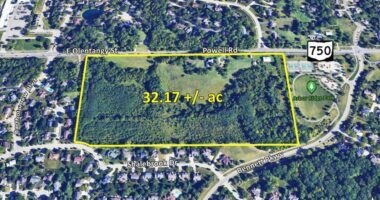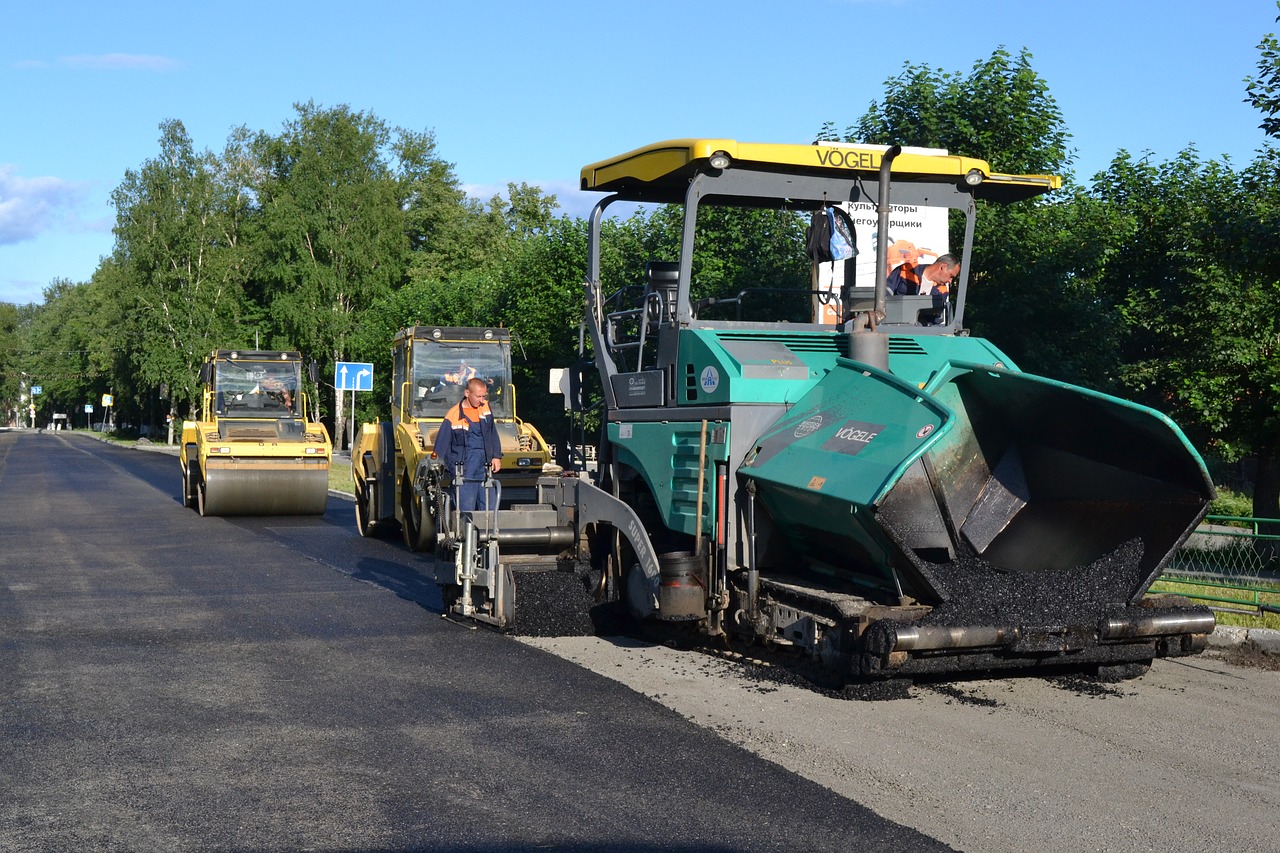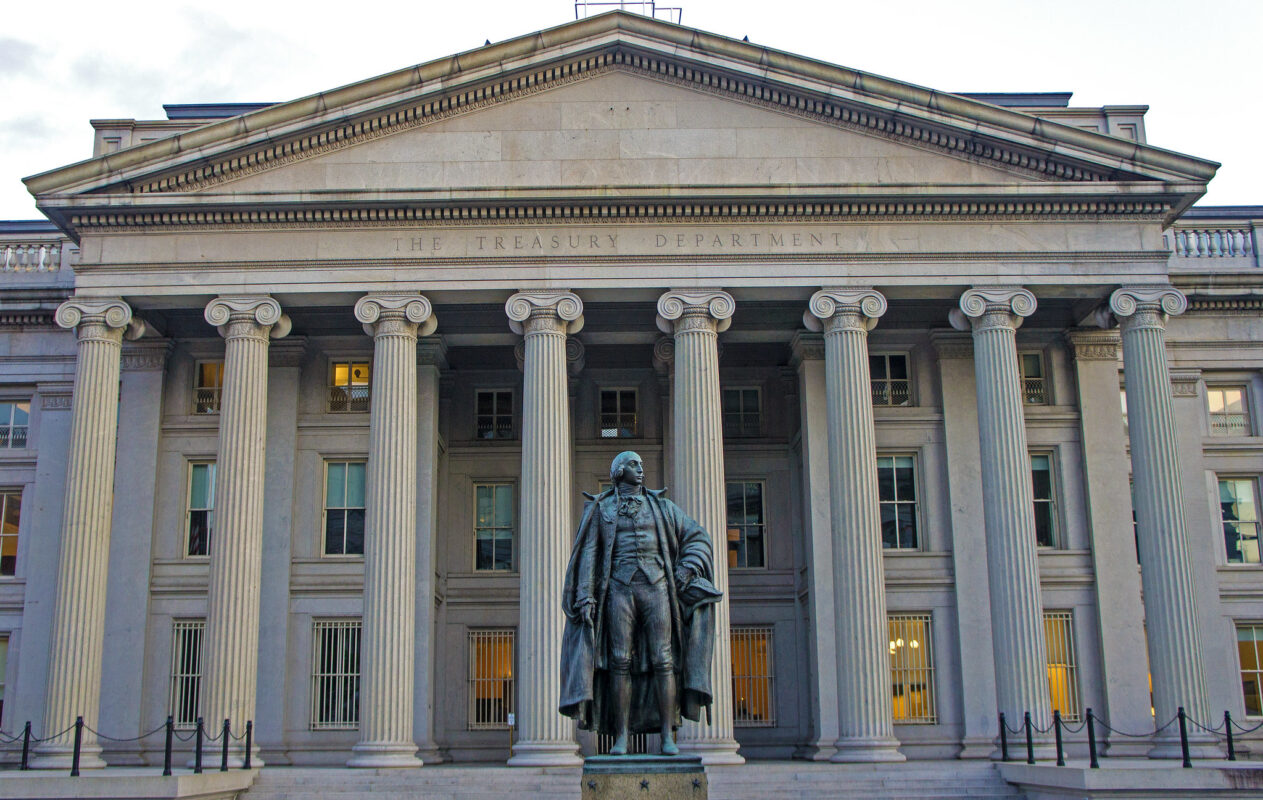The City of Powell is hosting two upcoming public forums to discuss the proposed income tax increase on the fall ballot from 6-8 PM on Tuesday, September 25 and Tuesday, October 30 in the Municipal Building Council Chambers, 47 Hall Street.
Members from the Citizen Financial Review Task Force will provide a 20-minute presentation beginning at 6:30 PM on how the money comes in and how the City spends it to maintain streets, bike paths, parks and more. The presentation will be followed by a Q&A session.[widgets_on_pages id=1]
Both the presentation and Q&A session will be streamed live here.
Proposed Ballot Measure
Powell City Council approved a resolution in August to place an income tax increase for infrastructure maintenance before Powell residents on the Nov. 6, 2018 ballot.
The ballot measure proposes raising the income tax rate from 0.75 percent to 1.15 percent while increasing the credit from 0.25 percent to 0.50 percent for residents who pay taxes to the municipality in which they work. It would require City Council to allocate at least 25 percent of all income tax revenue to infrastructure maintenance and improvements.
Powell’s income tax has remained unchanged for 27 years. Social security and pension income will not be impacted.
Citizen Financial Review Task Force
A Citizen Financial Review Task Force was created by City Council earlier this year to conduct a comprehensive review of the City’s current and future financial position and make recommendations to City Council. The 18-member committee, comprised of a cross-section of residents and business owners, were charged with undertaking a high-level review of the City’s cost reduction efforts to date, determining long-range financial impacts of revenue losses and reductions, assessing the potential for strengthening long-term revenue, reviewing near-term and long-term capital needs and identifying funding sources for those needs.
Income Tax Increase for Infrastructure Maintenance
Task Force members found the City no longer collects sufficient revenue to maintain existing capital infrastructure, such as streets, storm sewers, traffic signals, street lights, bike paths and facilities. Powell’s most expensive infrastructure assets are its 120 lane miles of streets, 77 miles of storm sewers and 24 miles of bike paths. Developers built these improvements for the most part during the City’s most active periods of growth: 1986-1988, 1992-1994 and 2001-2005.
“In the past, Powell’s funding for infrastructure maintenance came mostly from gasoline and estate taxes and Ohio’s Local Government Fund,” said City Manager Steve Lutz. “In recent years, the gasoline tax has remained flat and the State has dramatically cut the Local Government Fund and it eliminated the estate tax in 2013. Due to decreasing revenue, Powell has repeatedly deferred infrastructure maintenance.”
The Task Force also found the State’s actions have eliminated approximately $567,000 in annual revenue to the City. The City spends approximately $500,000 per year on infrastructure maintenance funded primarily from the gasoline tax. The Task Force estimates the City must spend an additional $2 million per year to effectively address the current and deferred infrastructure maintenance needs.
“The Task Force explored closing this gap through budget cuts alone,” said Lutz. “However, it found that a four percent budget reduction across the board would only raise $330,000 per year while severely limiting the City’s ability to provide the safety and services that Powell residents expect.”









